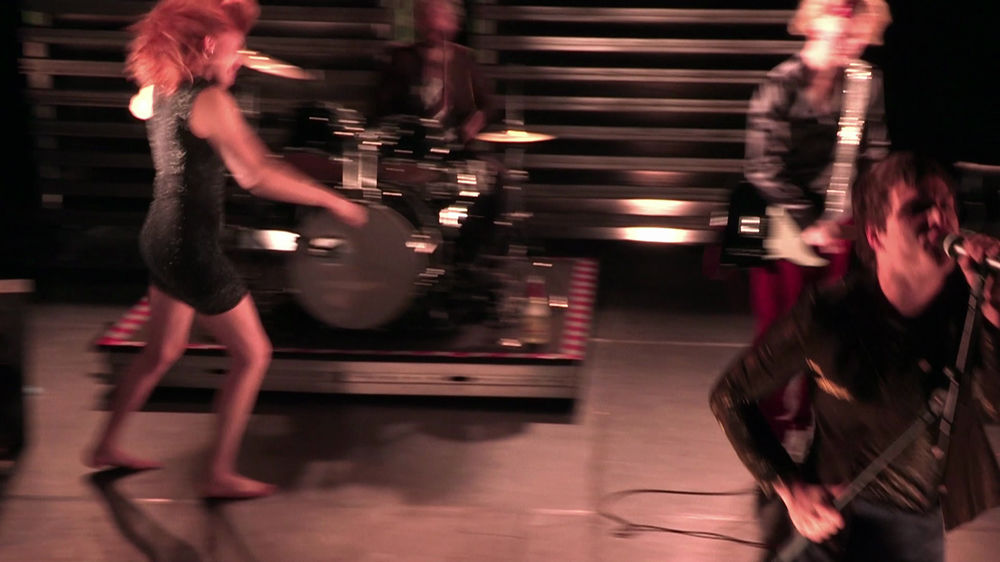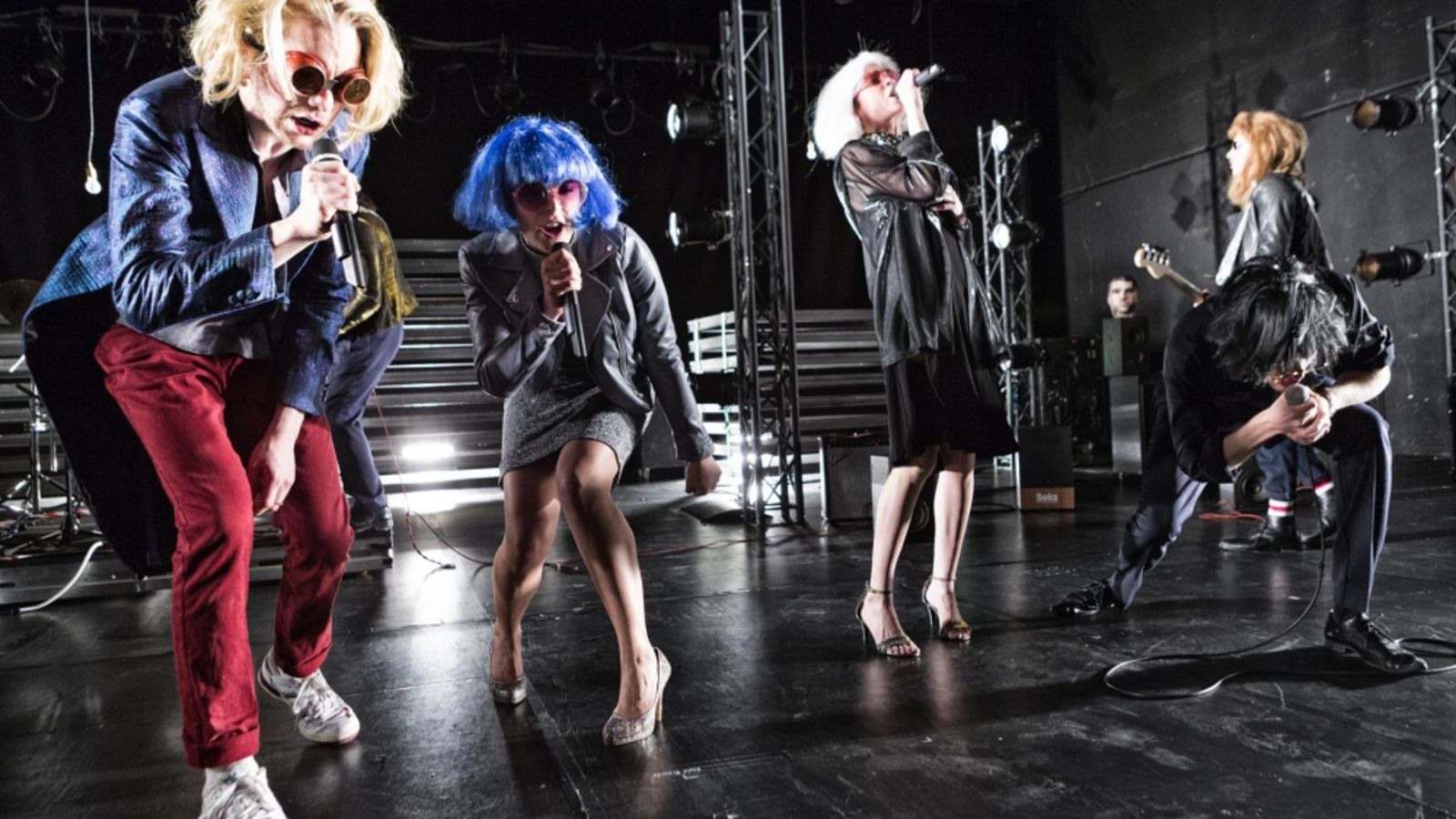
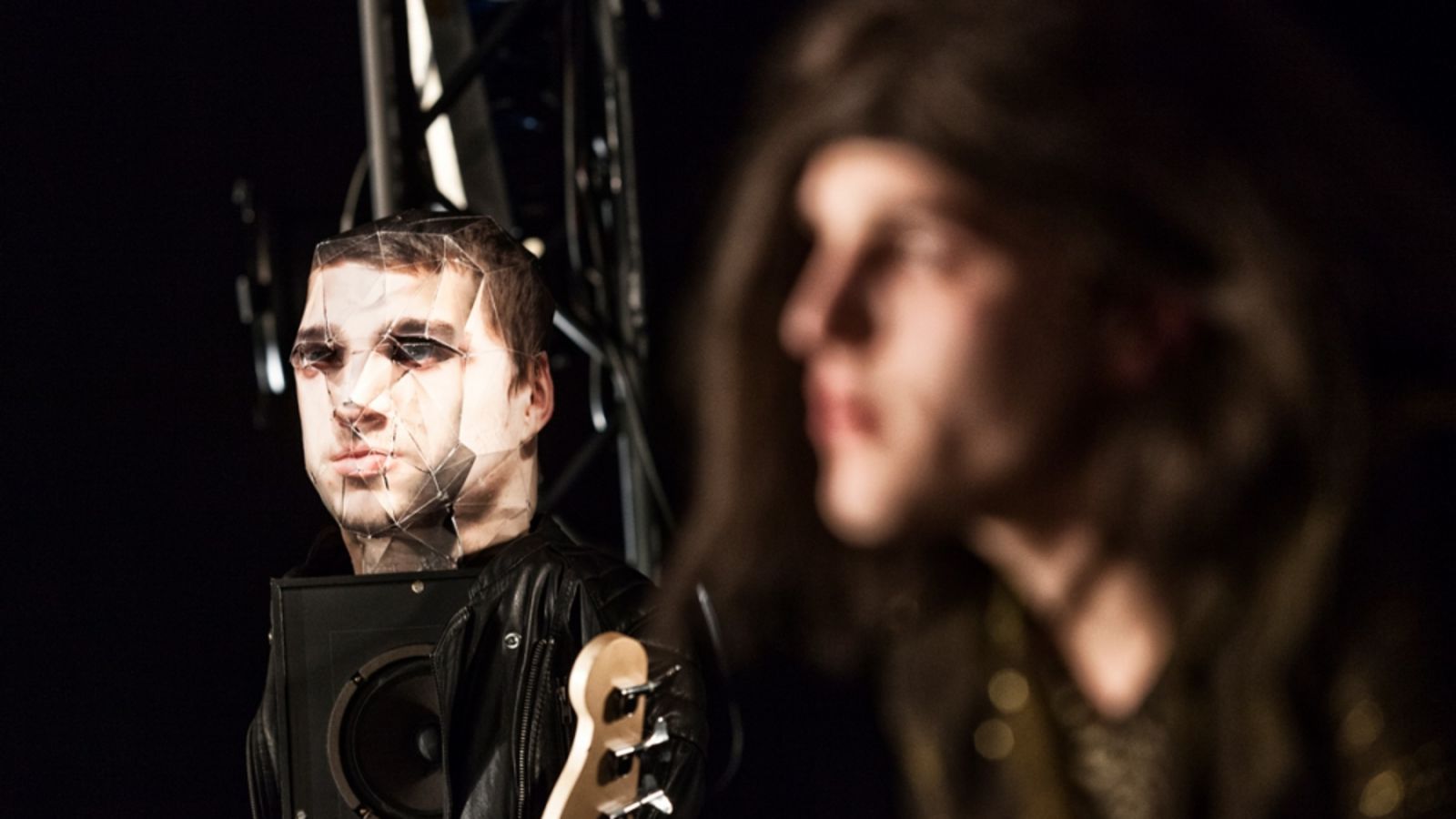
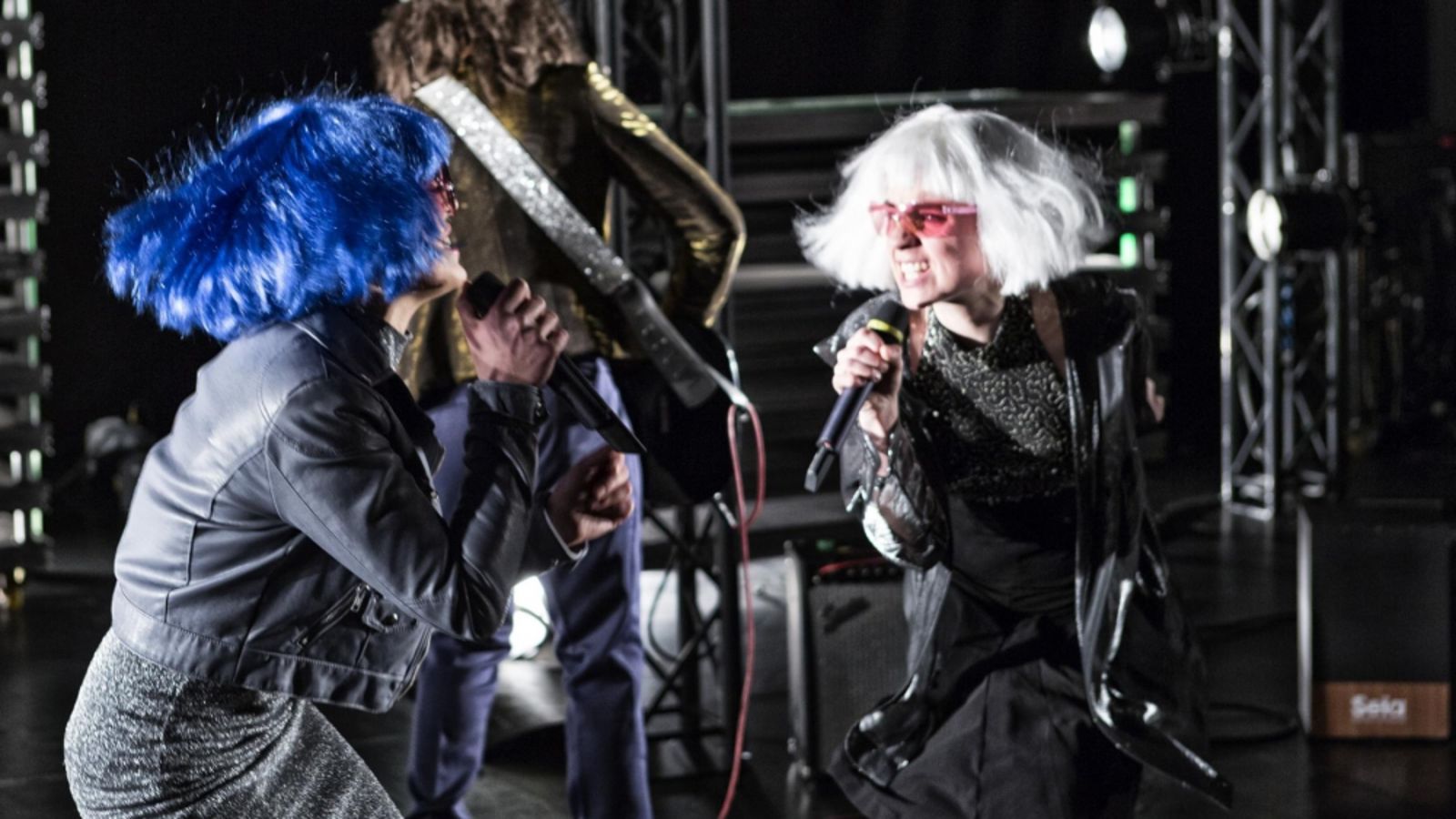
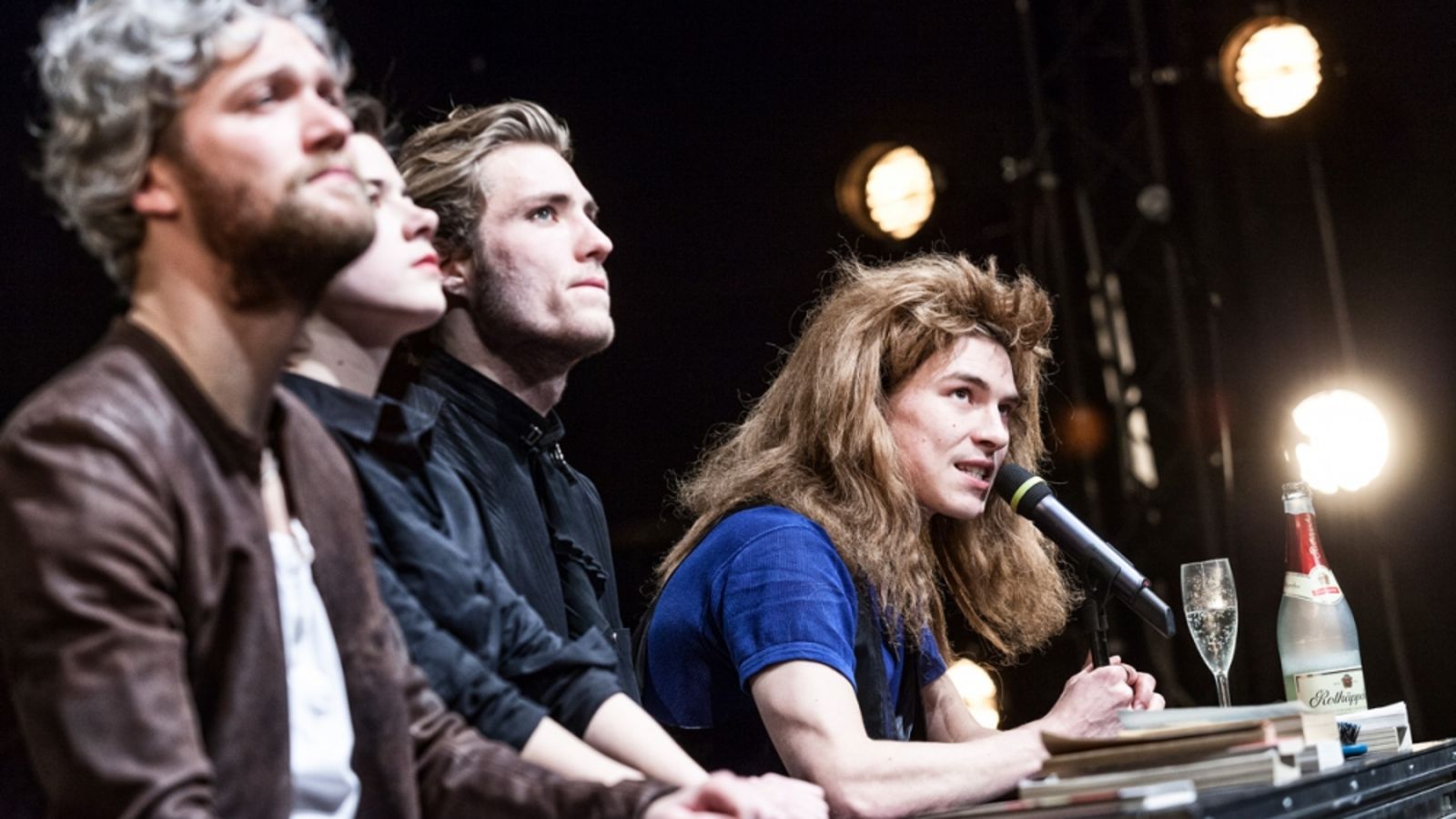
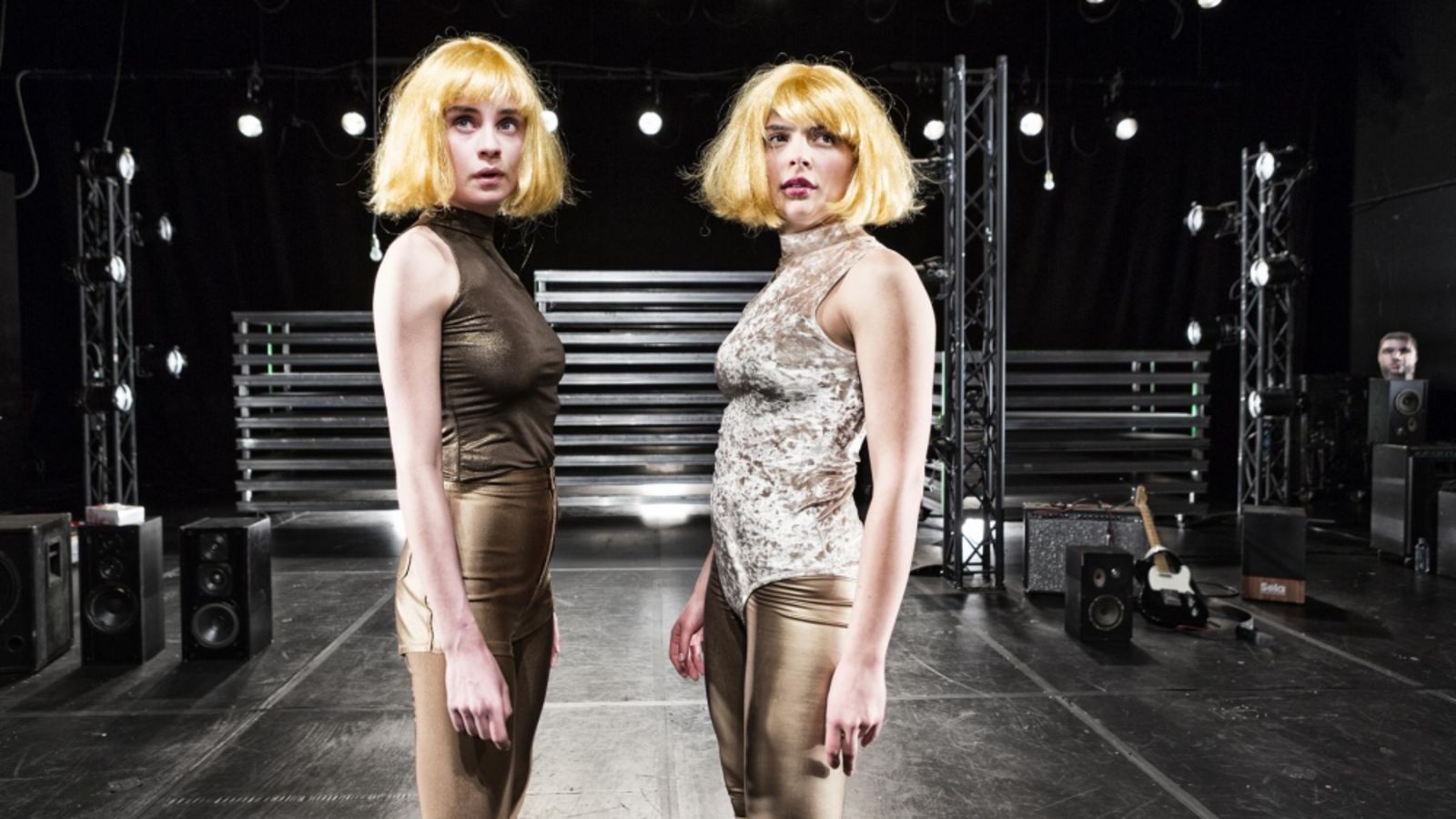
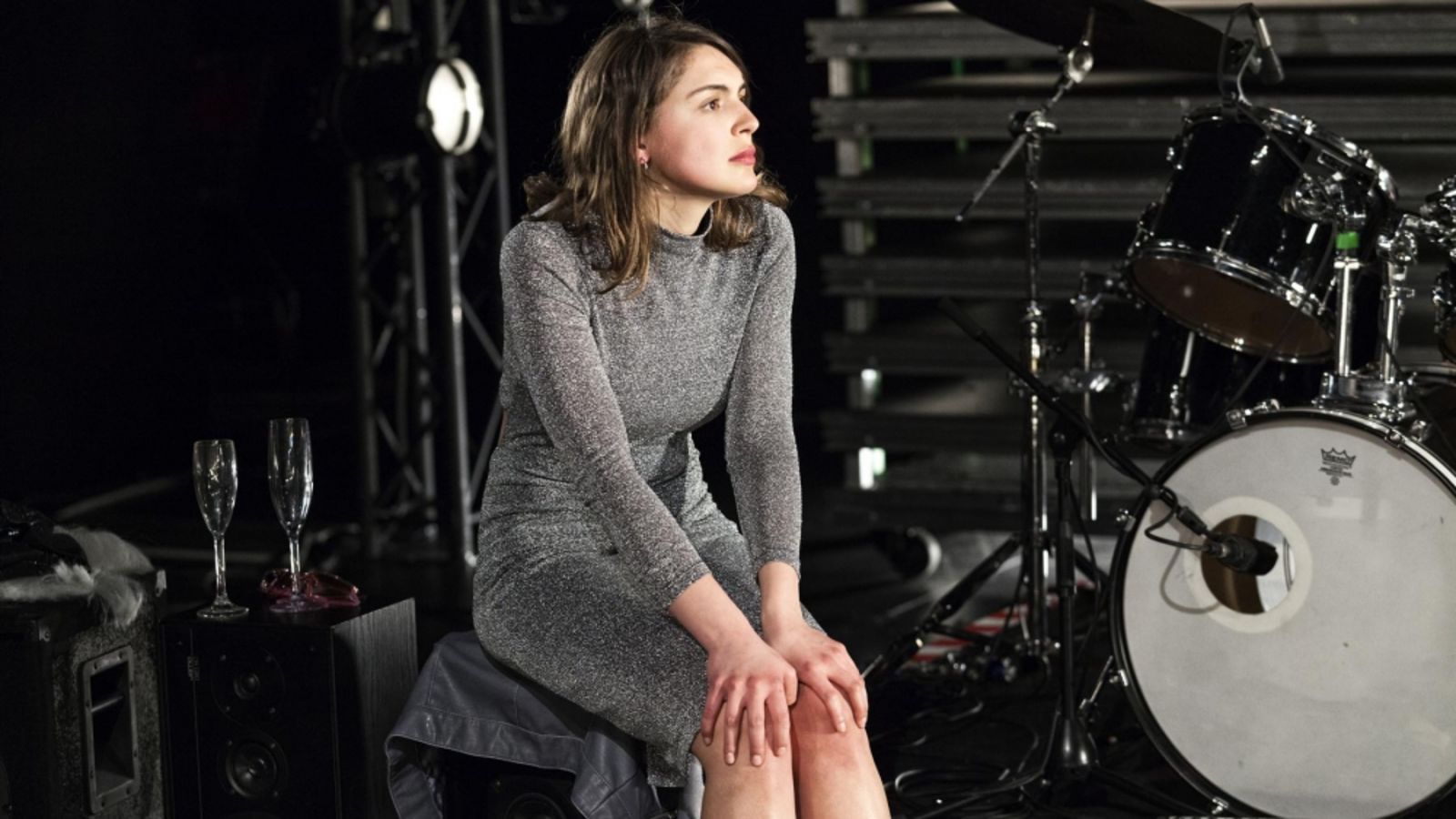
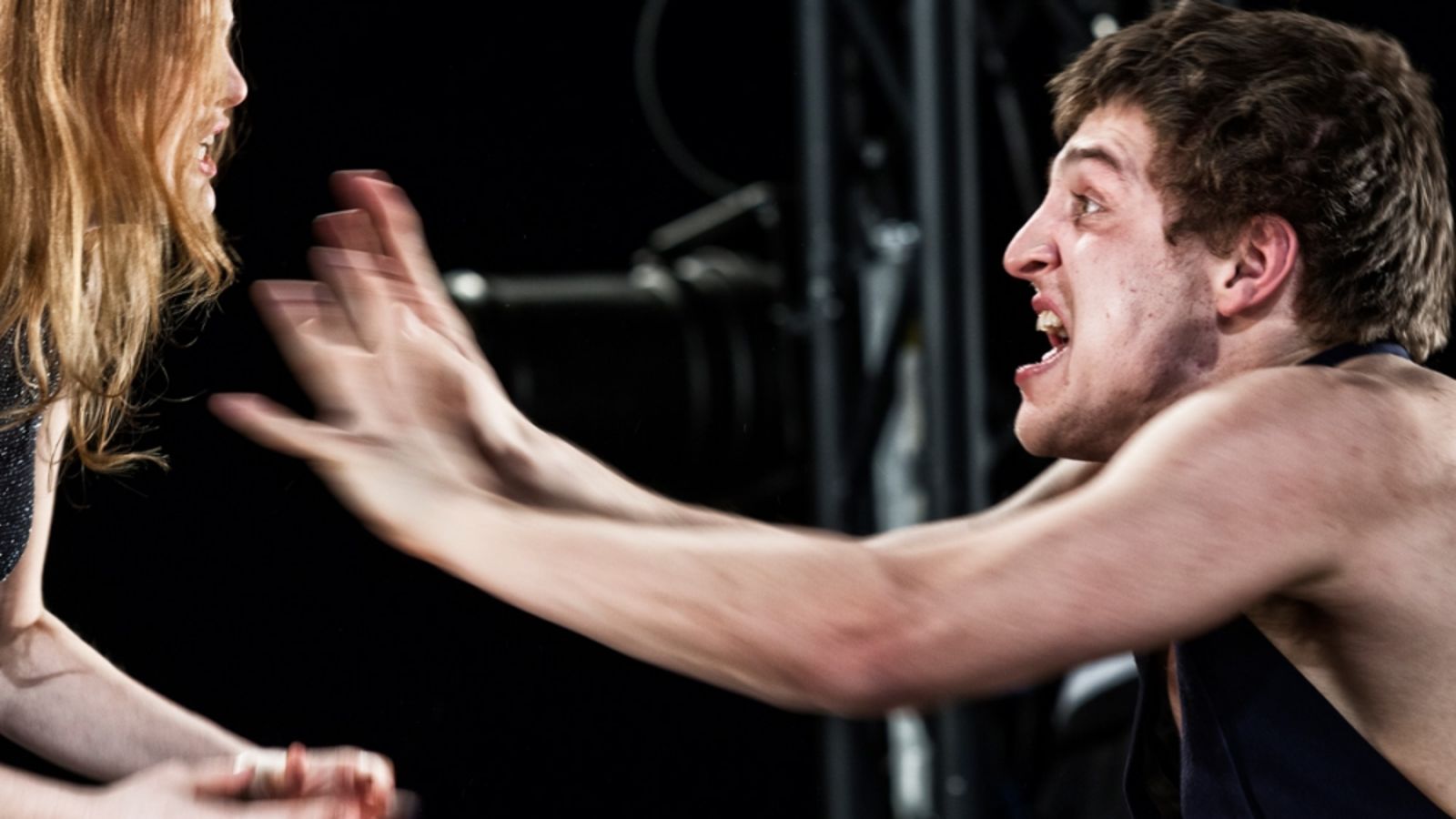
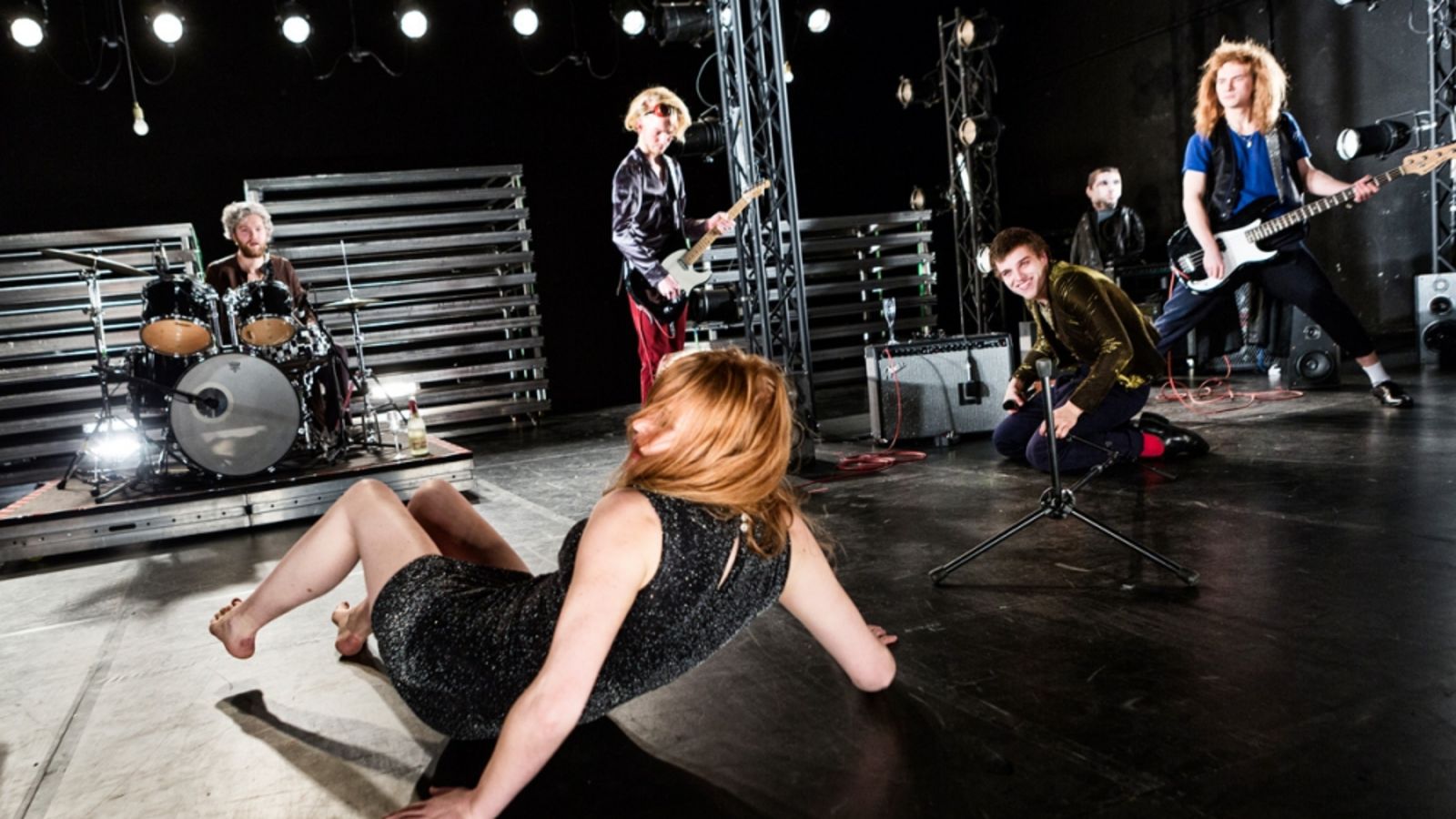
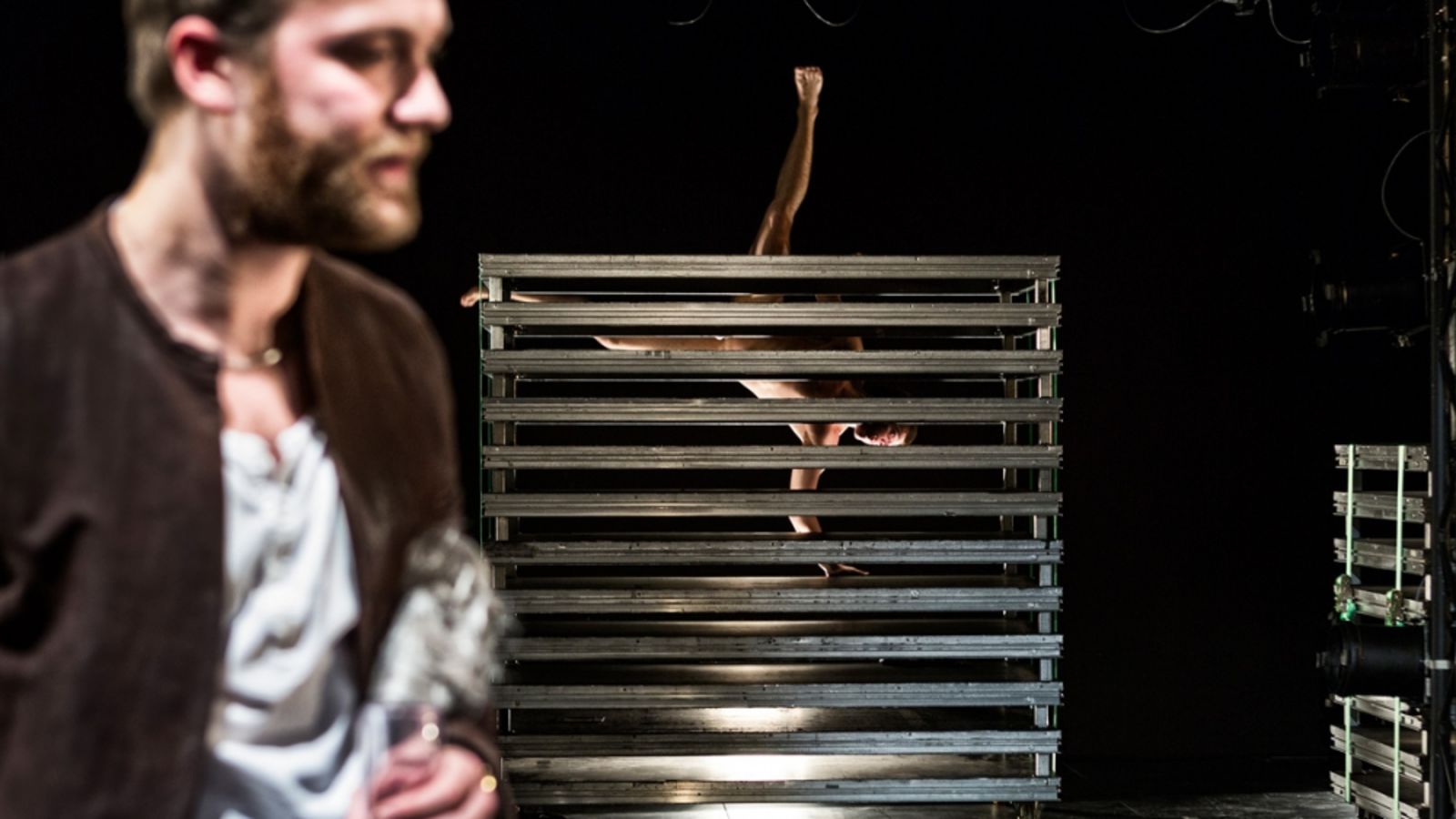
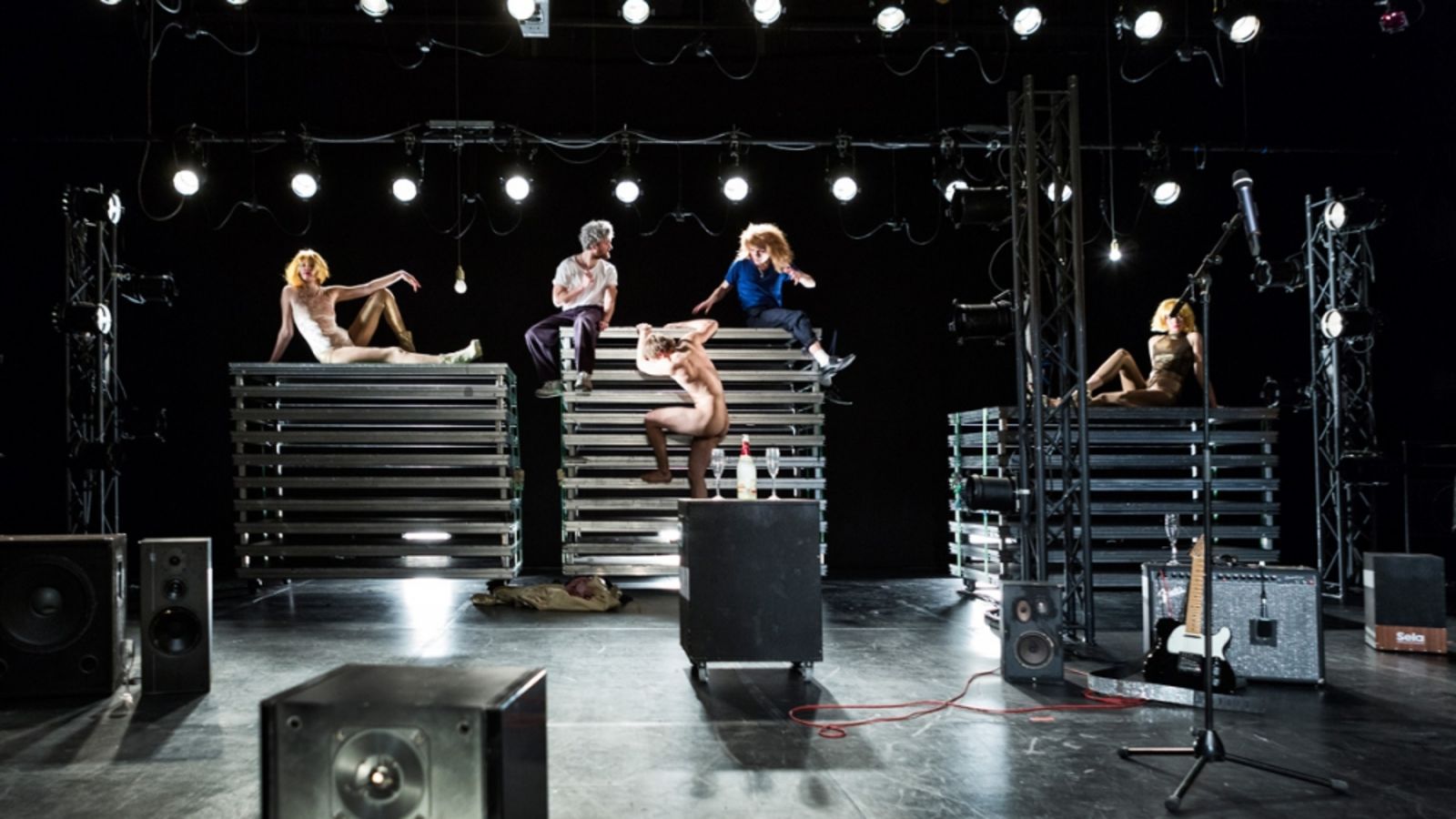
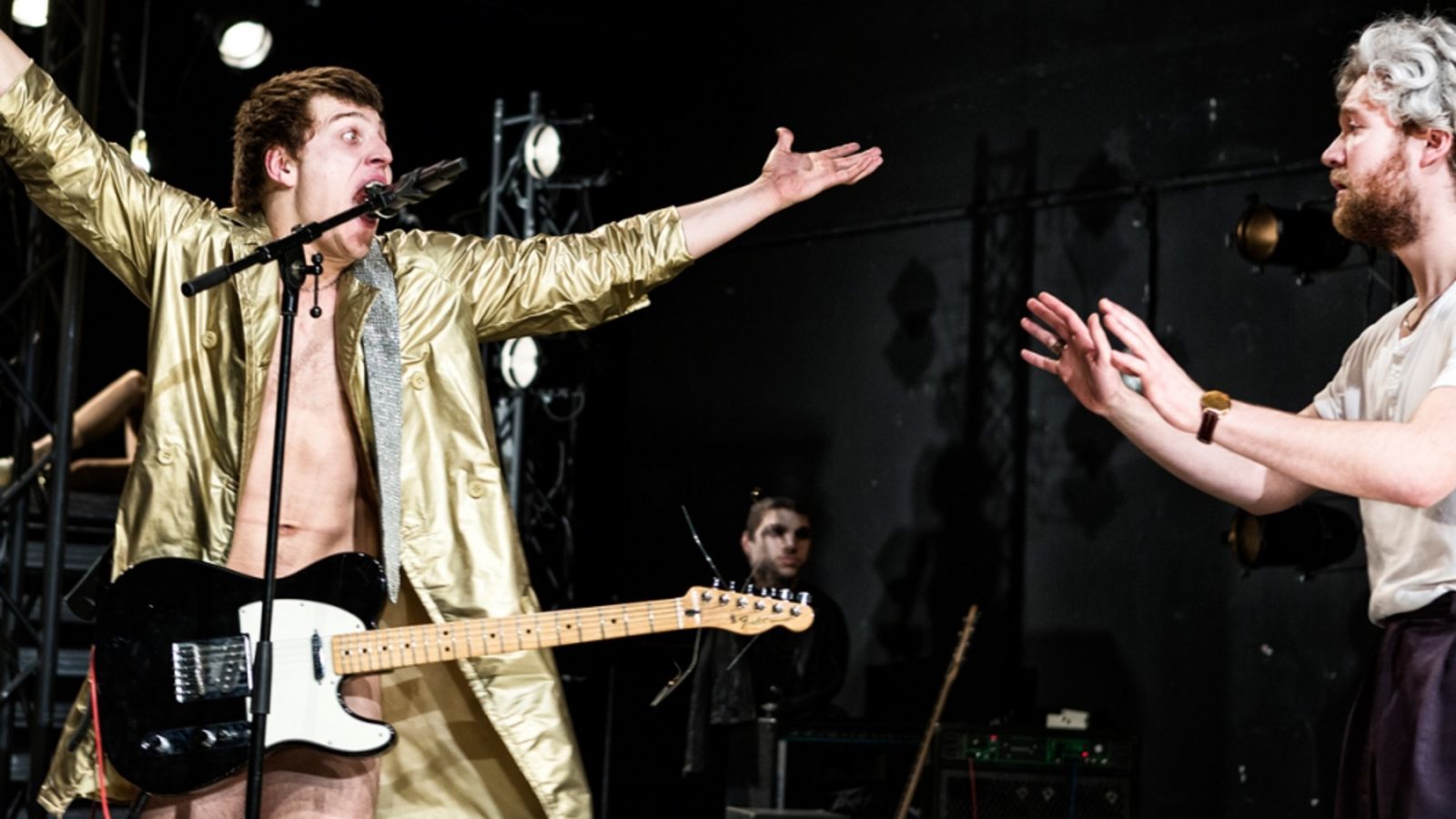
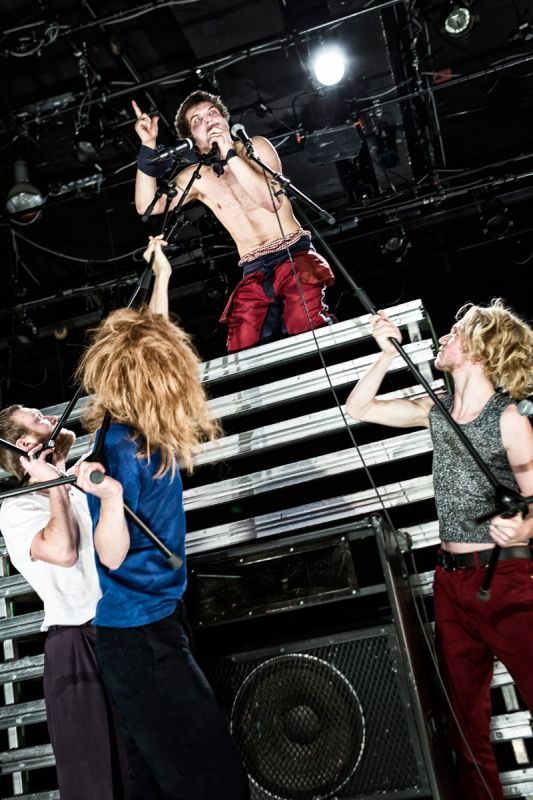
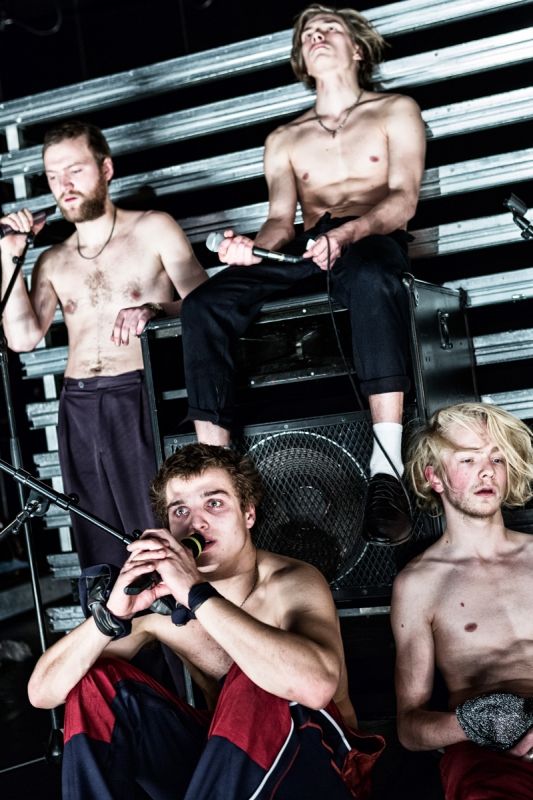
Danton's Death
by Georg Büchner in a version of the ensemble
Direction: Peter Kleinert
Can a just system in which everyone co-exists in liberty, equality and fraternity be politically achieved? What is the price of taking on the responsibility to fight against prevailing injustice and for a utopian dream? Or should we not bother to fight at all and just give in because human beings who constantly »lie, kill and steal« are simply not fit for the realisation of such ideals?
In 1794 the French Revolution is well and truly descending into crisis: the proclamation of universal human rights, the creation of a constitution and formation of a national assembly means the monarchy is toppled and the republic is founded but the bearers of the revolution, the people and the common citizens, continue to live in misery, poverty and starvation. The spoils of the deposed have been divided up into the hands of a new elite and the Reign of Terror which decapitates the king and countless other opponents of the revolution is the only thing currently making any progress. Discord rules amongst the revolutionaries about which political direction to take from here: in such a situation, how much freedom may be sacrificed for equality, how much equality for freedom? Robespierre champions universal equality of all people and of property ownership. To him the Terror, guillotining every opponent of this goal, is a legitimate means of achieving this objective. Danton looks with disillusion upon the barbarities which have besmirched the high ideals of the revolution with blood. He believes the murdering must stop and a new order be established in which everyone can live in freedom and strive after their own interests. In this, he is defending not only humanity but also his own privileges: since the revolution he has been living in luxury and prefers to spend his time with prostitutes and gambling rather than with politics.
Peter Kleinert and his ensemble of third year students from the »Ernst Busch« Academy of Dramatic Arts take the conflict between idealism and pragmatism in Büchner’s play as a starting point to explore the question of the realisation of liberty, equality and fraternity in today’s world.
Co-production with the Hochschule für Schauspielkunst »Ernst Busch« Berlinand the Théâtre National de Bretagne Rennes.
Set Design: Alena Georgi
Costume Design: Susanne Uhl
Music: Leonardo Mockridge
Dramaturgy: Nils Haarmann
Lighting Design: Erich Schneider
Premiered on 3 December 2016

